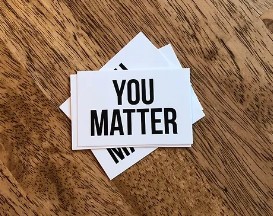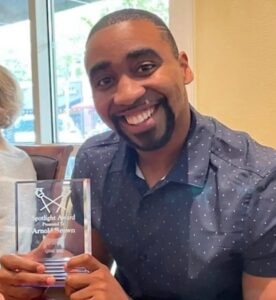What Is Kwanzaa?
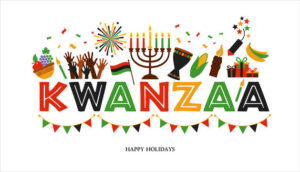
Kwanzaa, celebrated from December 26 to January 1, is a week-long cultural holiday that honors African heritage, values, and traditions. Rooted in the Swahili phrase “Matunda ya Kwanza,” meaning “first fruits,” Kwanzaa is inspired by African harvest celebrations. It was created in 1966 by Dr. Maulana Karenga to emphasize the importance of community, culture, and shared responsibility.
Central to Kwanzaa are its Seven Principles, known as the Nguzo Saba, which guide participants in reflecting on their values and aspirations. Each day focuses on one principle, encouraging families and communities to engage in discussions, activities, and rituals that reinforce these ideals. Over the next seven days, I will explore each principle, its meaning, and the historical figures who embody them. Join me as we delve into the rich cultural tapestry of Kwanzaa and discover how these principles can inspire personal and communal growth.
Day 1: Umoja (Unity)
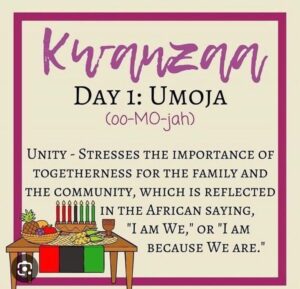
Umoja, the Swahili word for Unity, emphasizes the importance of togetherness for family, community, nation, and race. It is the foundation of Kwanzaa, reminding us of our shared goals and collective strength. Umoja calls upon us to maintain harmony and understanding in our relationships, ensuring that the bonds we create are strong enough to withstand challenges and divisions.
Unity is not just about agreement but about the willingness to prioritize the common good above individual differences. By practicing Umoja, we create an environment where everyone feels valued and included, fostering a sense of belonging and shared responsibility.
Historical Example of Umoja: Dr. Martin Luther King Jr.
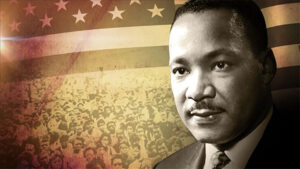
Dr. King’s life and work embody the principle of Umoja. His vision of a united society, where individuals work together to overcome injustice and inequality, continues to inspire generations. Through peaceful protests and transformative speeches, Dr. King exemplified how unity could bring about powerful change. His leadership in the Civil Rights Movement united people of all races, emphasizing that a divided society could never achieve true justice.
Dr. King’s iconic “I Have a Dream” speech remains a testament to the power of unity. He envisioned a world where children of different races could hold hands and where equality was not just an ideal but a reality. His ability to bring diverse groups together under a shared vision of equality showcases the transformative potential of Umoja.
Quotes:
- “We must learn to live together as brothers or perish together as fools.”
- “Unity is the great need of the hour, and we are grappling with the meaning of this great experience.”
Reflection
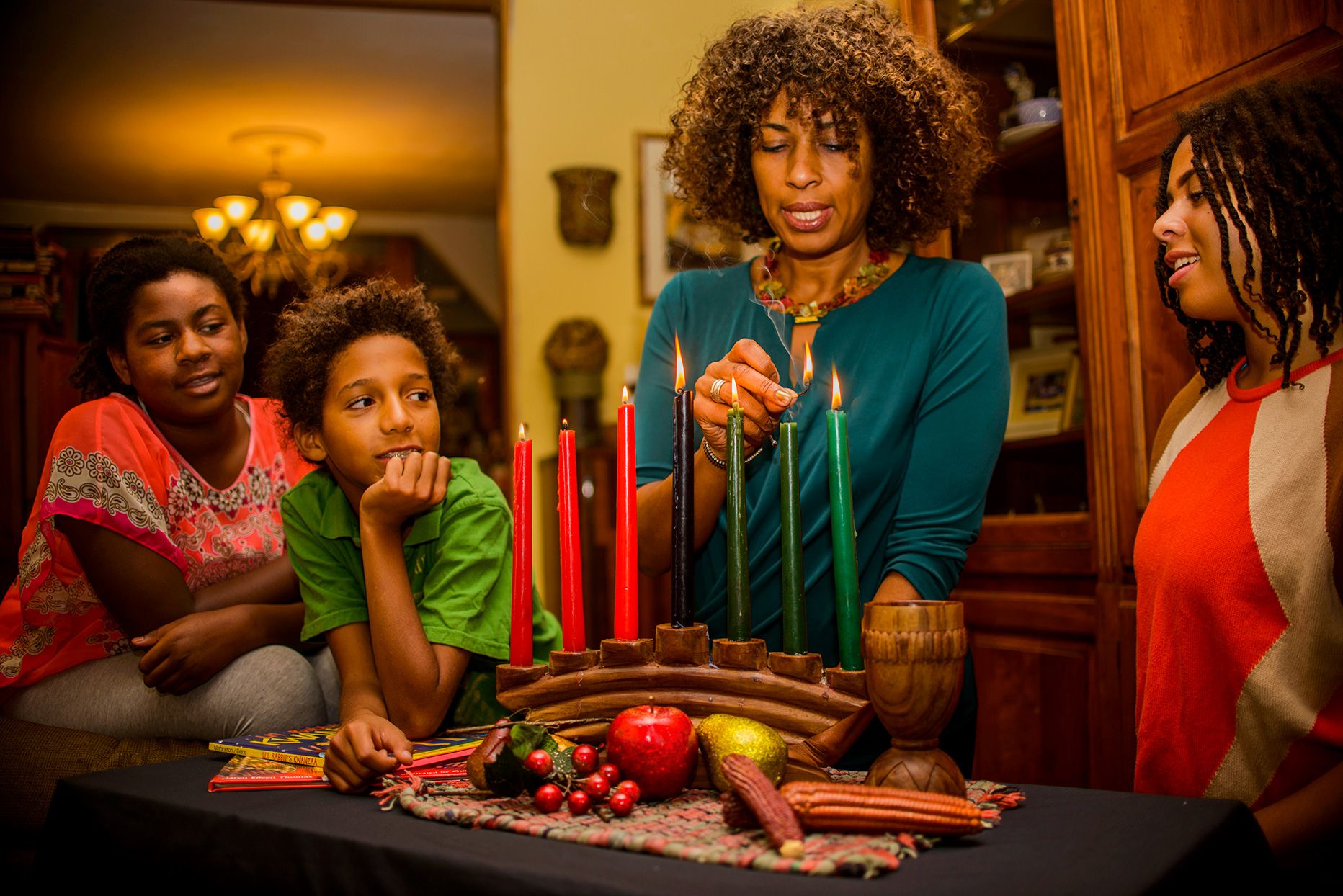
On this day, families and communities come together to discuss how they can foster unity. Whether through group activities, shared meals, or open dialogue, the spirit of Umoja reminds us to prioritize togetherness and shared purpose. Consider hosting a family meeting to discuss shared goals or organizing a community event that brings people together. These actions help lay the groundwork for a more unified and harmonious future.
Transition to Day 2
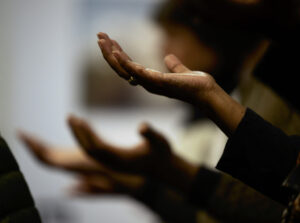
Now that we have observed this day of Kwanzaa, let us prepare to reflect on the next principle: Kujichagulia (Self-Determination).
Spread the Word: Let’s Empower Our Community

The purpose of BlackHealthNation.com is to reawaken the Black Community Spirit, Soul, and Body. This website is dedicated to fostering a renewed sense of unity, strength, and empowerment within our community. Here, you will find articles on history, community events, Black empowerment, and more, all designed to inspire and uplift.
Your Thoughts Matter
